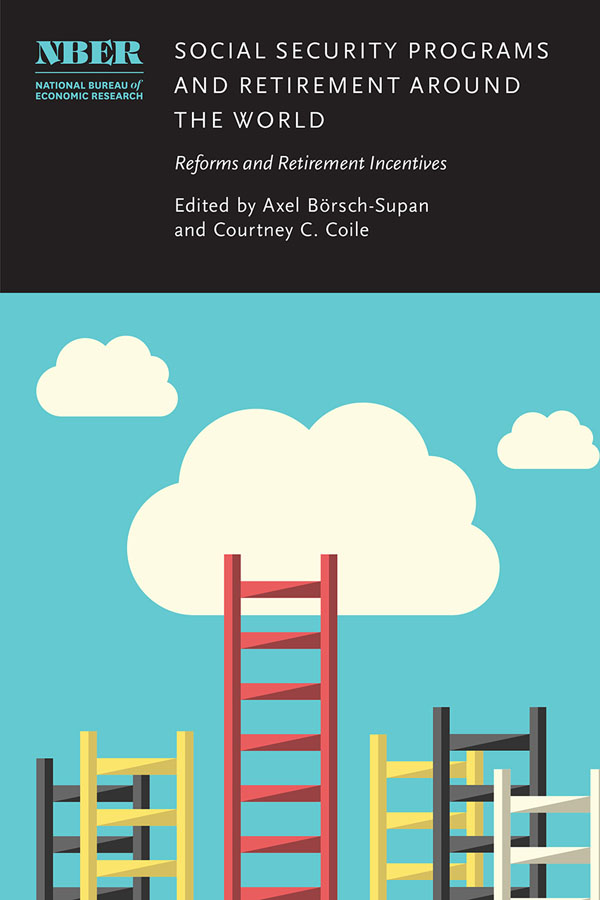Elderly Poverty and its Measurement
By Yoko Niimi & Charles Yuji Horioka This paper examines various aspects of elderly poverty and its measurement. It first discusses some of the most important issues relating to measuring elderly poverty. It then reviews recent trends in elderly poverty, which show considerable heterogeneity in the extent of elderly poverty even among developed countries. Such cross-country differences are due at least partly to differences in the generosity of public old-age pensions and other social safety nets for the elderly. Empirical...










